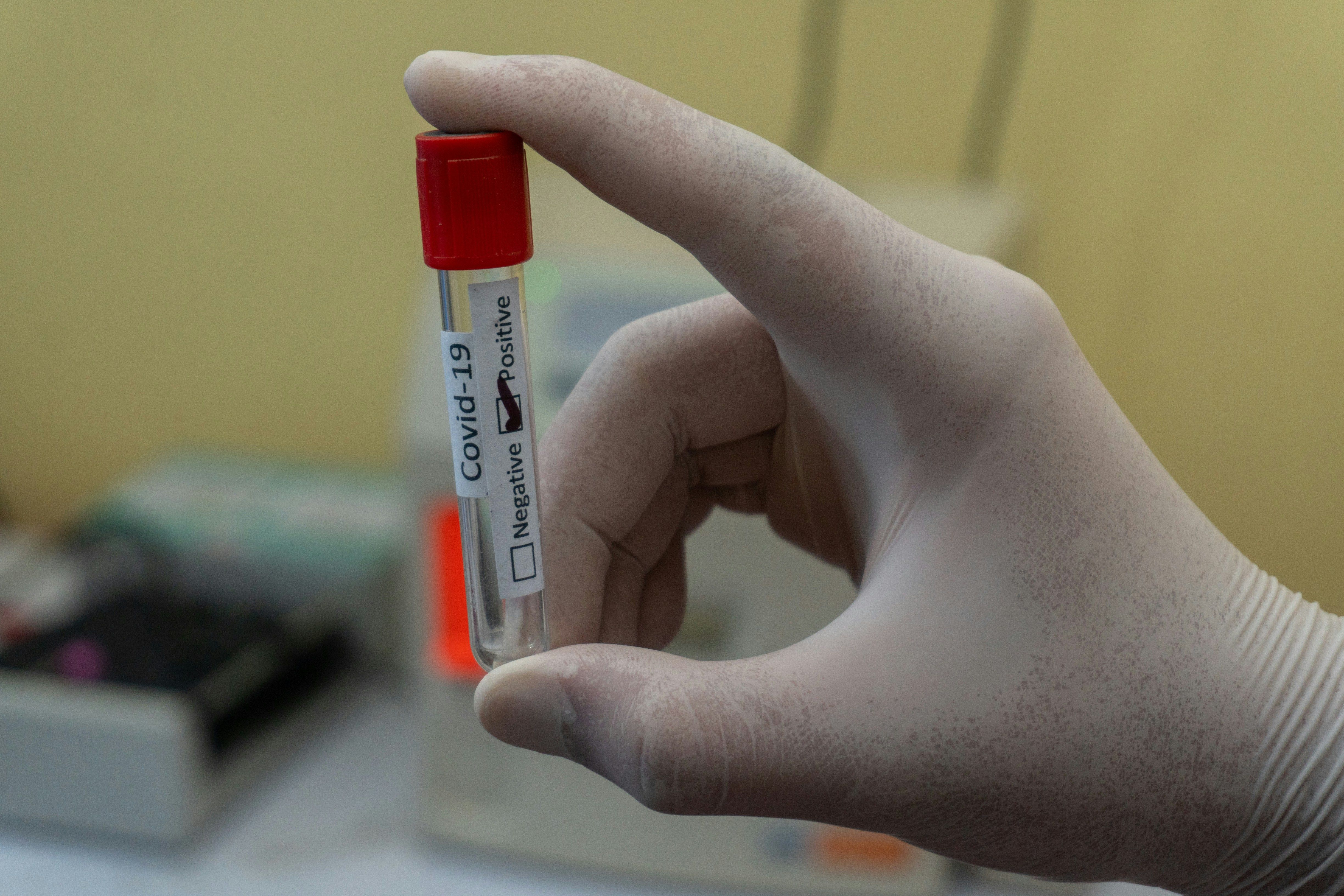Acute Respiratory Distress from COVID-19 Could Affect the Heart
Cardiac inflammation from severe COVID-19 infections could lead to long-term heart health risks.
By
Kevin Kunzmann
| Published on September 4, 2024
3 min read
Credit: Unsplash / Prasesh Shiwakoti (Lomash)

Patients who develop acute respiratory distress syndrome (ARDS) due to a COVID-19 infection may experience cardiac inflammation that can worsen their heart health, according to data from the National Institutes of Health (NIH).
In fact, the NIH investigators observed in mouse models that COVID-19 may increase the risk of heart damage without even infecting heart tissue.
Viral infections are closely associated with increased risk of ARDS, systemic inflammation and secondary heart issues in patients.
“What this study shows is that after a COVID infection, the immune system can inflict remote damage on other organs by triggering serious inflammation throughout the body—and this is in addition to damage the virus itself has directly inflicted on the lung tissue,” investigators wrote. “These findings can also be applied more generally, as our results suggest that any severe infection can send shockwaves through the whole body.”
Investigators sought to understand whether the SARS-CoV-2 virus infecting the heart directly was responsible for increased cardiac risks, or whether infection in a patient’s lung was severe enough to trigger changes to heart macrophages. “Lung macrophage subsets change during ARDS, but the role of heart macrophages in cardiac injury during viral ARDS remains unknown,” they noted.
The team assessed cardiac macrophage subsets from 21 deceased patients with COVID-19 and SARS-CoV-2-associated ARDS, compared with 33 patients who died from other causes. They additionally compared the cardiac immune cell dynamics in mice followed SARS-CoV-2 infection with induced ARDS.
Investigators found that SARS-CoV-2 in humans was associated with increased total counts of cardiac macrophages, as well as a greater proportion of inflammation-promoting C-C chemokine receptor type 2 positive (CCR2+) macrophages. In the mouse models, SARS-CoV-2 and ARDS was shown to trigger “profound remodeling of cardiac resident macrophages, recapitulating the clinical expansion of CCR2+ macogrphages.”
“This was a critical question and finding the answer opens up a whole new understanding of the link between this serious lung injury and the kind of inflammation that can lead to cardiovascular complications,” investigators wrote. “The research also suggests that suppressing the inflammation through treatments might help minimize these complications.”
Indeed, the investigators additionally found that treating the mice with replicant ARDS with a TNF inhibitor resulted in reduced cardiac monocyctes and CCR2+ macrophages while preserving cardiac function, providing hope that available targeted therapies may help to reduce the risk of cardiac damage in patients with ARDS due to viral infection.
Investigators noted such a treatment like a TNF inhibitor may be used preventively in COVID-19 patients with pre-existing conditions, or those identified to be at risk of severe outcomes due to SARS-CoV-2 associated ARDS.
This article was originally published on sister site HCPLive.

